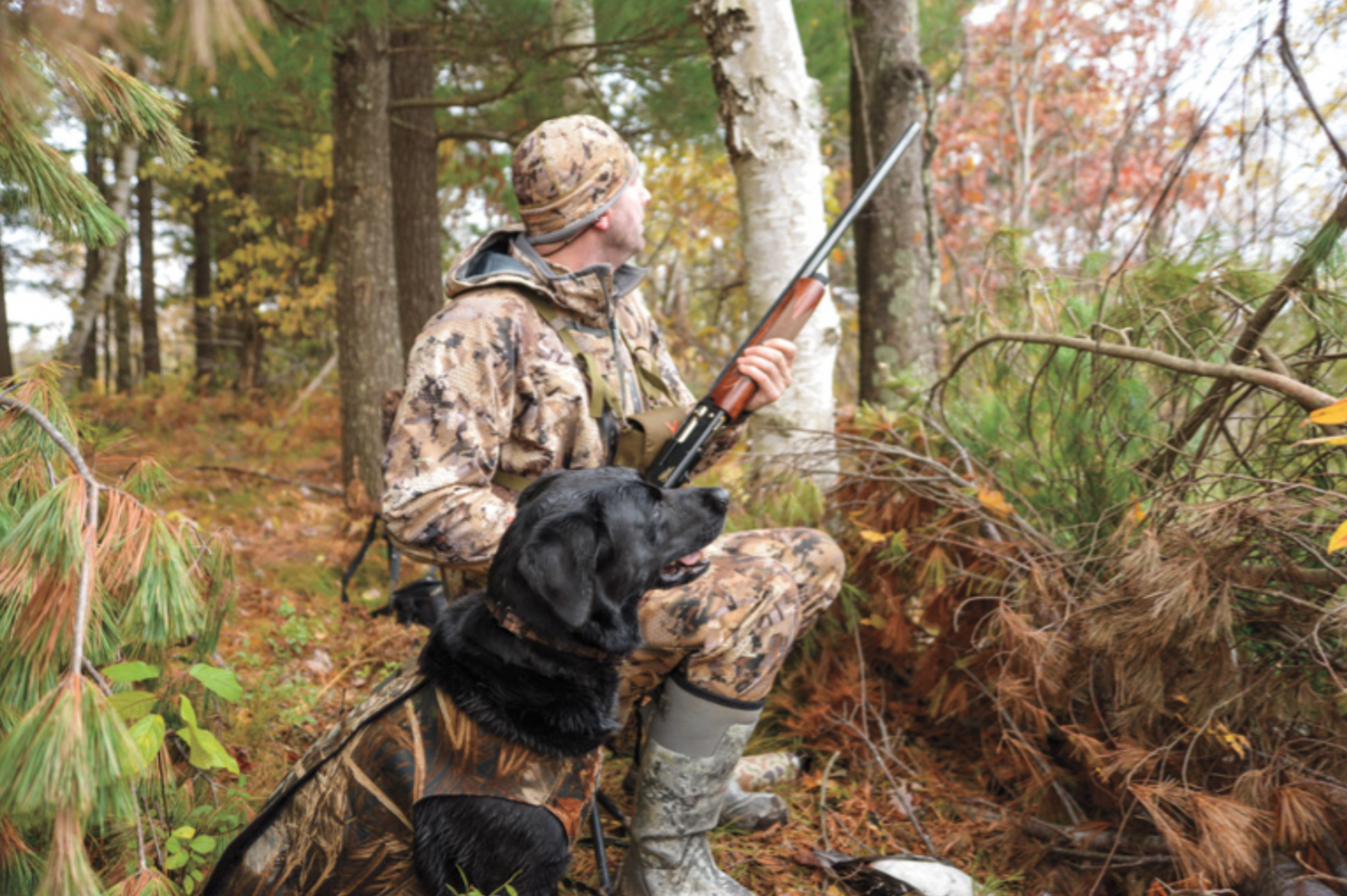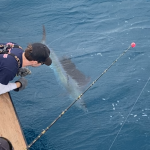Article Courtesy: wildfowlmag.com | Author: Tom Dokken | Click here for original article
When a Retriever Requires the Pause Button
It’s a common belief that the more hunting you do, the better a dog will become. This is true with young dogs who are learning the ropes, because improvement in the blind or boat can be so obvious (and so welcome).
With older dogs, however, the opposite often holds true.
This is because duck dogs are constantly looking for a way to bend the rules. This doesn’t mean they have bad intentions, it just means that they, for example, really want to go retrieve ducks. If they can sneak out of the blind a few feet to facilitate that task and get away with it, they’re going to do it.
This willingness to test boundaries often doesn’t manifest itself in the same way during training drills as it does during a hunt. There are multiple reasons for this, the most obvious being our own focus. While training, we are working directly with (and for) the dog. The attention is on the dog, and you better believe your retriever knows that.
When you’re hunting, thoughts of greenhead limits, your buddy’s jokes, and a host of other factors creep in and cause us to pay our dog’s less attention. Add in their excitement for the hunt and you’ve got the perfect recipe for once-solid behaviors to become shaky.
It’s important to note that these bad behaviors, like breaking, often don’t start off as a full-on, obvious infraction of your rules. They happen in grades, and what you tolerate in the blind today will be tested and pushed tomorrow. This is why it’s best to hit the pause button to reset your dog as soon as you see these behaviors starting to form.
Training Pauses
I recently had a pause-button moment with a wonderful Lab that is always willing to work. I trained him when he was younger through obedience and force-fetching, but it had been quite a few months since I’d last seen him.
When he showed up at my place for a tune-up, it was obvious that he’d learned to ignore some of the behaviors a good dog needs to have solidly in place. One of which, was just not fetching on command. Even though we were working on something else, I could see that this dog needed a reset, so we called a 10-minute break and went back to the basics with force-fetch.
It wasn’t that the Lab was trying to be bad, he just hadn’t been held as accountable as he needed in the fetch and hold realm. His slippage had gotten to the point where he needed a lesson to revisit something he understood earlier in his training and it didn’t take much to get him back to the right spot, but it took something.
The takeaway here, which happens with lots of dogs, is that you’ve got to understand that during training if you see some slippage, it needs to be addressed. If you don’t make a habit of this during off-season drills and mid-week, between-hunt drills, you’ll probably never be willing to take a pause in the action when you’re actually hunting and you catch a glimpse of some unwanted behavior that needs attention.
Hunting Pauses
This is a tricky one, because not all hunts are created equal. If you’re out solo with your retriever and he starts to break, it doesn’t affect anyone other than you to call a timeout and address his steadiness. If you’ve got several other folks in the blind with you and the mallards are absolutely suicidal, taking a break to work on your dog might get you kicked out of the duck club forever.
Follow along with me here, because I’m going to take a weird route to get to my point, but good duck dog behavior can be measured at home. When a guest shows up at your house, does your dog listen every time you tell him to place or heel? Or do you get ignored so the dog can get some love from your house guest? If you don’t have absolute control in that situation, you won’t have it while duck hunting.
And if you’re duck hunting with a bunch of folks, particularly if you’re a guest on a hunt, then going into it with a dog you know might break or bark or engage in some unsightly behavior, you might want to leave him at home or not go. This seems harsh, but the reality is that it’s not fair to your hunting partners, who might be in it solely for the wingshooting and not for you to develop your dog with on-the-job training. It’s also not fair to your dog, because you’ll be putting him in a likely lose-lose situation.
If you’re on the fence about this, be up front about it with all of your hunting partners. A couple of good buddies might cut you some slack and sacrifice a few birds of their own for the betterment of your retriever. An outfitter who has seen his share of rough dogs in blinds that were sold as rock stars in the pre-hunt chatter, might not be so accommodating. Find that out well ahead of any hunt so you know what you’re getting into.
Conclusion
Great dog behavior is a moving target, but you can hit it consistently if you learn to look for the times when the less-desirable traits are starting to take hold. When you keep an eye out for them during hunts and training sessions, and develop a willingness to immediately get on top of them, you’ll create a high standard for your retriever that will be easy enough for him to achieve once he knows what you except of him on a daily basis.






